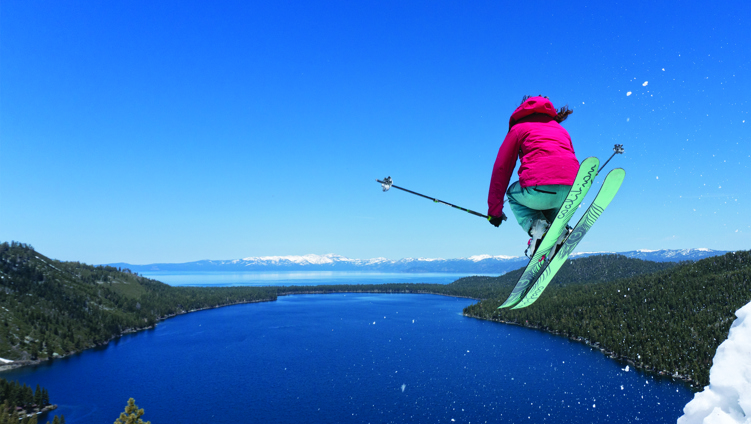Jack Hudson
Author 'Swim Wild', Writer, Adventure Uncovered and Youngest of the Wild Swimming Brothers. During his teens, Jack worked as a Lifeguard and earned his scuba chops diving in The Philippines and Indonesia. He still feels very at home in the water and can often be found floating along on the surface, when he really should be swimming.

